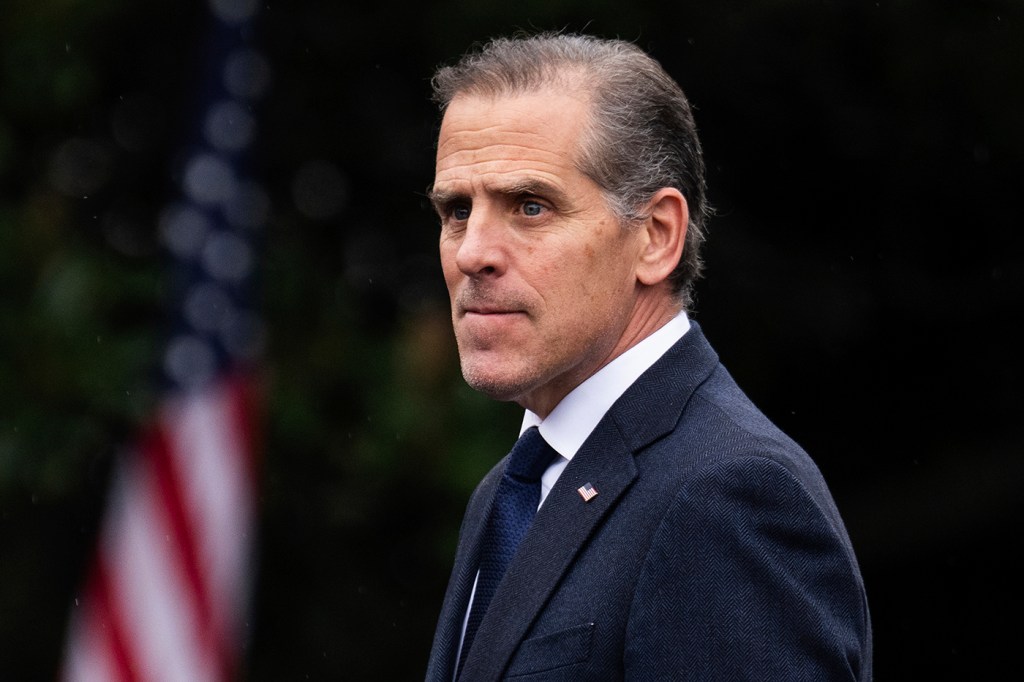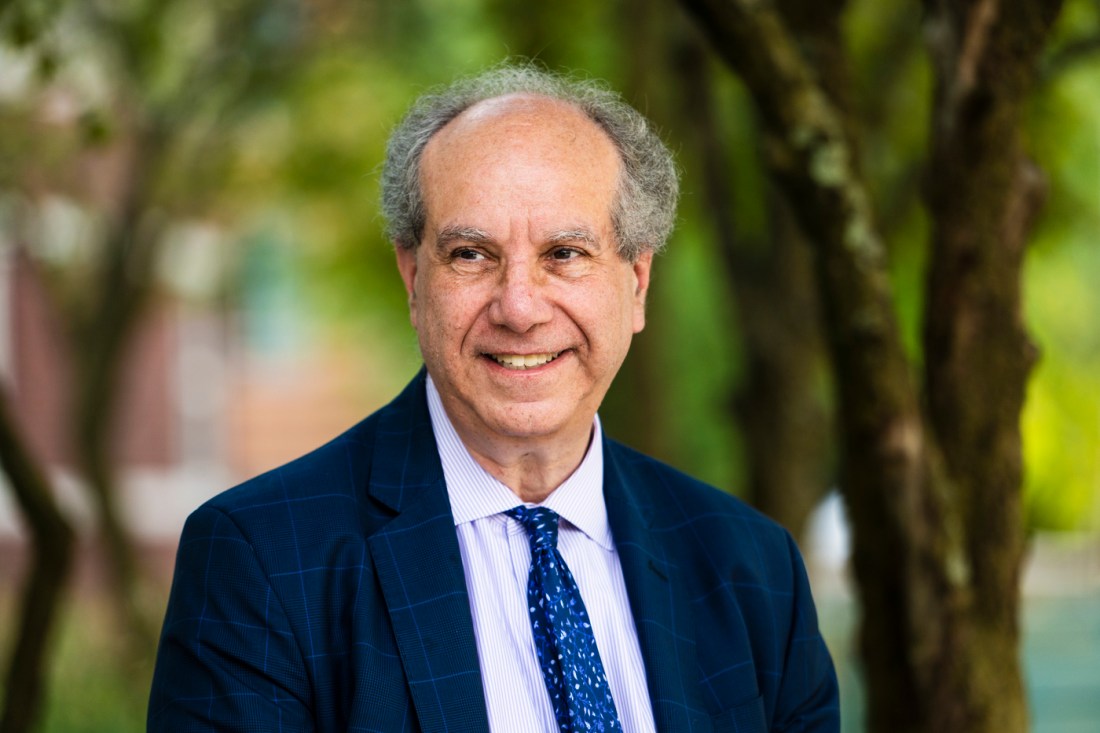Where does Hunter Biden’s pardon rank in the history of presidential pardons? Pretty low, says a constitutional law expert
Hunter Biden’s crimes and the motivation behind his prosecution help Biden’s decision fit within the traditional use of pardons, a Northeastern legal expert says.

President Joe Biden’s pardon of his son Hunter is well within the bounds of how presidential pardons have been used in the past, a Northeastern University law expert says.
“What can you expect from someone who has given his whole life to this country, who is on his way out? To watch his son rot in jail?” says Jeremy Paul, a Northeastern professor of law who specializes in constitutional law. “It’s too much to ask of a president.
“Now, if the crimes were truly venal — if Hunter Biden, God forbid, had murdered or raped someone — that’s a whole different thing,” Paul continues. “But these are crimes that, by all accounts, were heavily influenced by the fact that he had real substance abuse problems and was unable to conquer them and now he has in fact seemingly conquered them and therefore is very unlikely to repeat.
“This is a father pardoning his son, not a Democrat pardoning his political ally, and I think that is just a very different thing,” Paul says.
In the last weeks of his term in the White House, the president fully and unconditionally pardoned his son, who had recently been found guilty of gun and tax evasion-related charges.
Biden’s decision at the end of Thanksgiving weekend comes despite previous claims that he would not pardon his son. In June, Hunter Biden was convicted of three felony charges related to his purchase of a handgun and lies made while submitting the paperwork to obtain the gun in 2018, a time when he was struggling with substance abuse. In September, he also pleaded guilty to nine tax evasion charges in California.
The president defended his decision to pardon his son by claiming that Hunter was “selectively and unfairly prosecuted” given the nature of the charges and that “several of my political opponents in Congress instigated them to attack me and oppose my election.”

“No reasonable person who looks at the facts of Hunter’s cases can reach any other conclusion than Hunter was singled out only because he is my son — and that is wrong,” the president said in a statement. “There has been an effort to break Hunter, who has been five and a half years sober, even in the face of unrelenting attacks and selective prosecution. In trying to break Hunter, they’ve tried to break me, and there’s no reason to believe it will stop here. Enough is enough.”
Editor’s Picks
The decision has generated backlash from both Biden’s political allies and opponents, including President-elect Donald Trump.
But Paul defends Biden’s decision, explaining that it fits how pardons have been used in the past.
Established in Article 2 of the Constitution, presidential pardons have historically been used when the “understanding of criminality” has changed, like with bootleggers post-Prohibition, or if there is a “desire for mercy,” Paul says.
“A third traditional use of the pardon, which I think is what President Biden is alluding to with this one, is that the person being pardoned was subject to what you would call selective prosecution,” Paul explains. “Meaning, the crime this person committed was committed by lots of people, but this was the only person who got prosecuted, for political reasons.”
“Certainly in respect to the lying on the form about the guns, President Biden is totally right about that,” Paul adds. “There’s no way that an ordinary citizen would have been prosecuted for a crime like that.”
Despite the current outcry around Biden’s decision, Paul notes that it will likely mean little in the grand history of presidential pardons. First, Biden is not the first president to pardon a family member. Bill Clinton did so with his half brother, Roger Clinton, who was convicted of distributing cocaine. Trump pardoned his son-in-law’s father, Charles Kushner, for tax-related crimes and false comments made to the Federal Election Commission. Trump recently nominated Kushner for the French ambassadorship.
But it also pales in comparison to previous cases, like President Gerald Ford’s pardoning of former President Richard Nixon before he was indicted for involvement in the Watergate scandal. It will also likely be eclipsed should Trump pursue pardons for those involved in the Jan. 6 insurrection, which he has promised, Paul says.
“The way that President Trump has been tossing around the idea of pardoning the Jan. 6 people, that’s a shift in the idea of what a pardon would be,” Paul says. “If a president were to do that, particularly after the Supreme Court decision in Trump v. the U.S. from the end of last term, where the president is immune to prosecution, … it seems to be a greenlight for criminality, and nobody intended that.”











